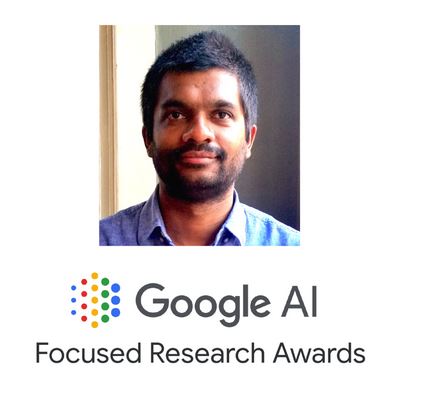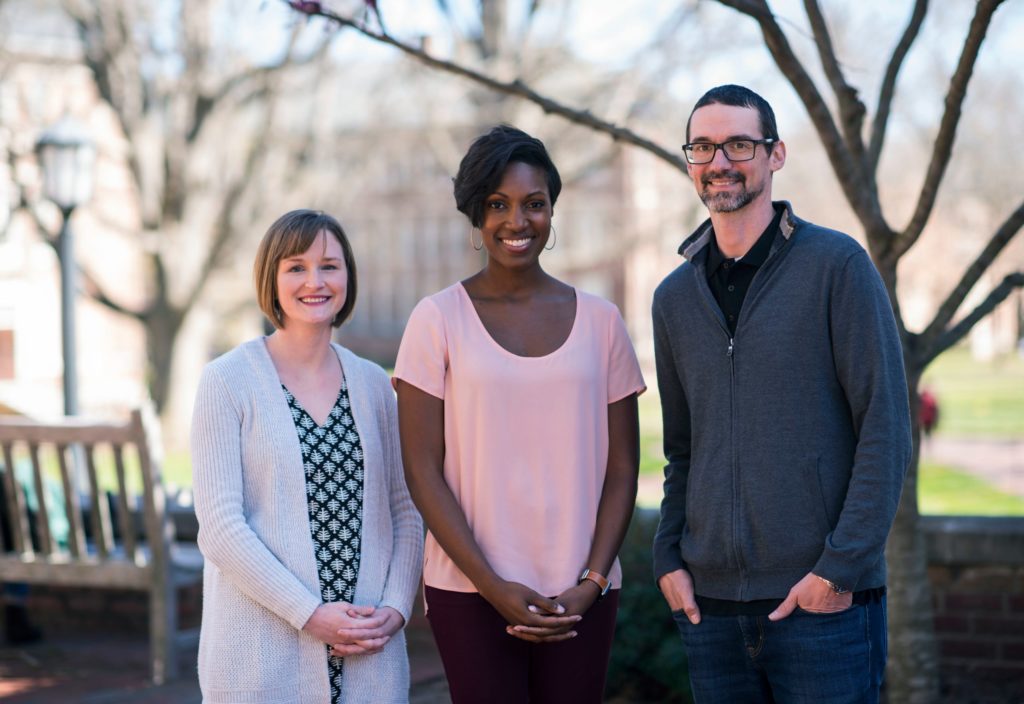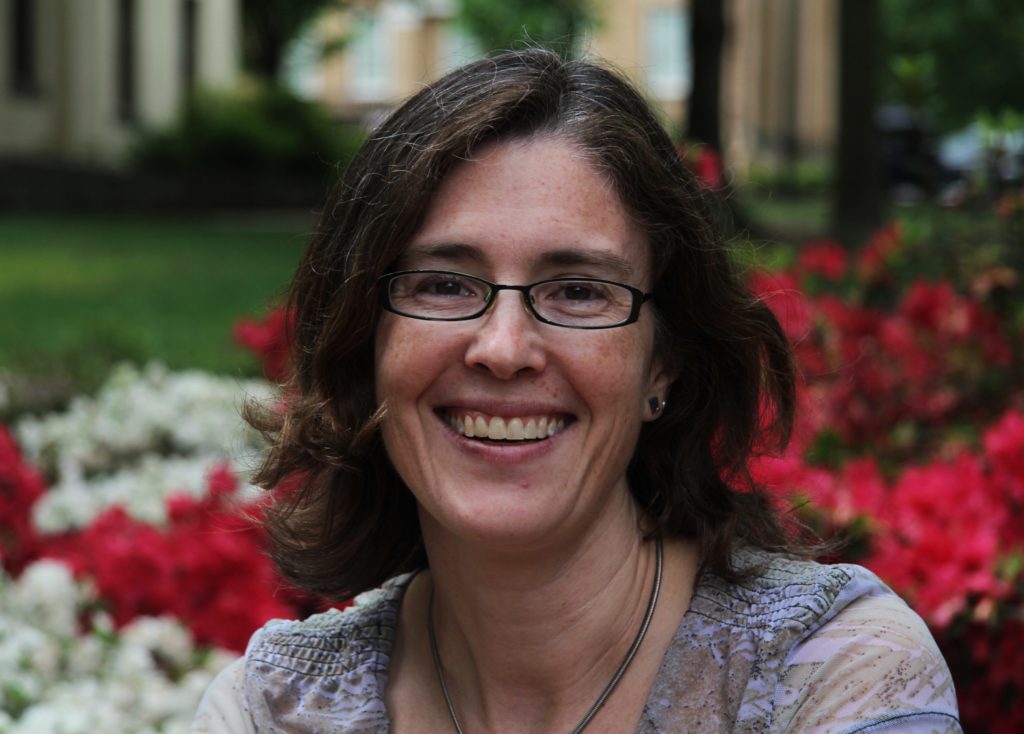 Mohit Bansal, an assistant professor in the Department of Computer Science and director of the UNC-NLP lab, received a Google Focused Research Award in natural language processing to fund exploration of spatial language understanding.
Mohit Bansal, an assistant professor in the Department of Computer Science and director of the UNC-NLP lab, received a Google Focused Research Award in natural language processing to fund exploration of spatial language understanding.
The award is worth $1.5 million, which will be split evenly between Bansal and fellow principal investigator Yoav Artzi, an assistant professor in the Department of Computer Science and Cornell Tech at Cornell University.
The awarded project seeks to study both spatial language comprehension and generation in interactive settings using resources that provide real-life visual input and environment configurations. We use and interpret language dealing with our immediate environment every day. But most research in spatial language takes place in environments with constrained mobility or visibility or limited interactivity, which limits the utility of the results. Bansal and Artzi hope that the use of real-life visual input and environment configurations will enable better study and model development of the language in real-life environments.
Through the Focused Research Awards program, Google supports a small number of multi-year research projects in areas of study that are of key interest to Google as well as the research community. The awards are invitation-only and typically last for two to three years, and the recipients gain access to Google tools, technologies and expertise. These unrestricted gift awards are highly prestigious, and usually considered as a significantly larger and more selective version of the Google Faculty Award program –- only a handful of professors have received these awards since its establishment nearly a decade ago in 2010.
***
Bansal also received a National Science Foundation (NSF) Faculty Early Career Development (CAREER) Award. The CAREER program is among NSF’s most prestigious awards in support of junior faculty who exemplify the role of teacher-scholars through outstanding research, excellent education and the integration of education and research within the context of the mission of their organizations.
The five-year, $450,000 grant, titled “CAREER: Semantic Multi-Task Learning for Generalizable and Interpretable Language Generation,” will support Bansal’s continued research on enhancing natural language generation (NLG) models with crucial linguistic-semantic knowledge skills. These skills enable the language generation models to avoid contradictory and unrelated information, extract the most important information, and maintain coherent order in generated text.
The knowledge skills and NLG frameworks will be released publicly, allowing the technology to be widely accessible and societally impactful via diverse real-world applications in human-robot interaction and collaboration.




